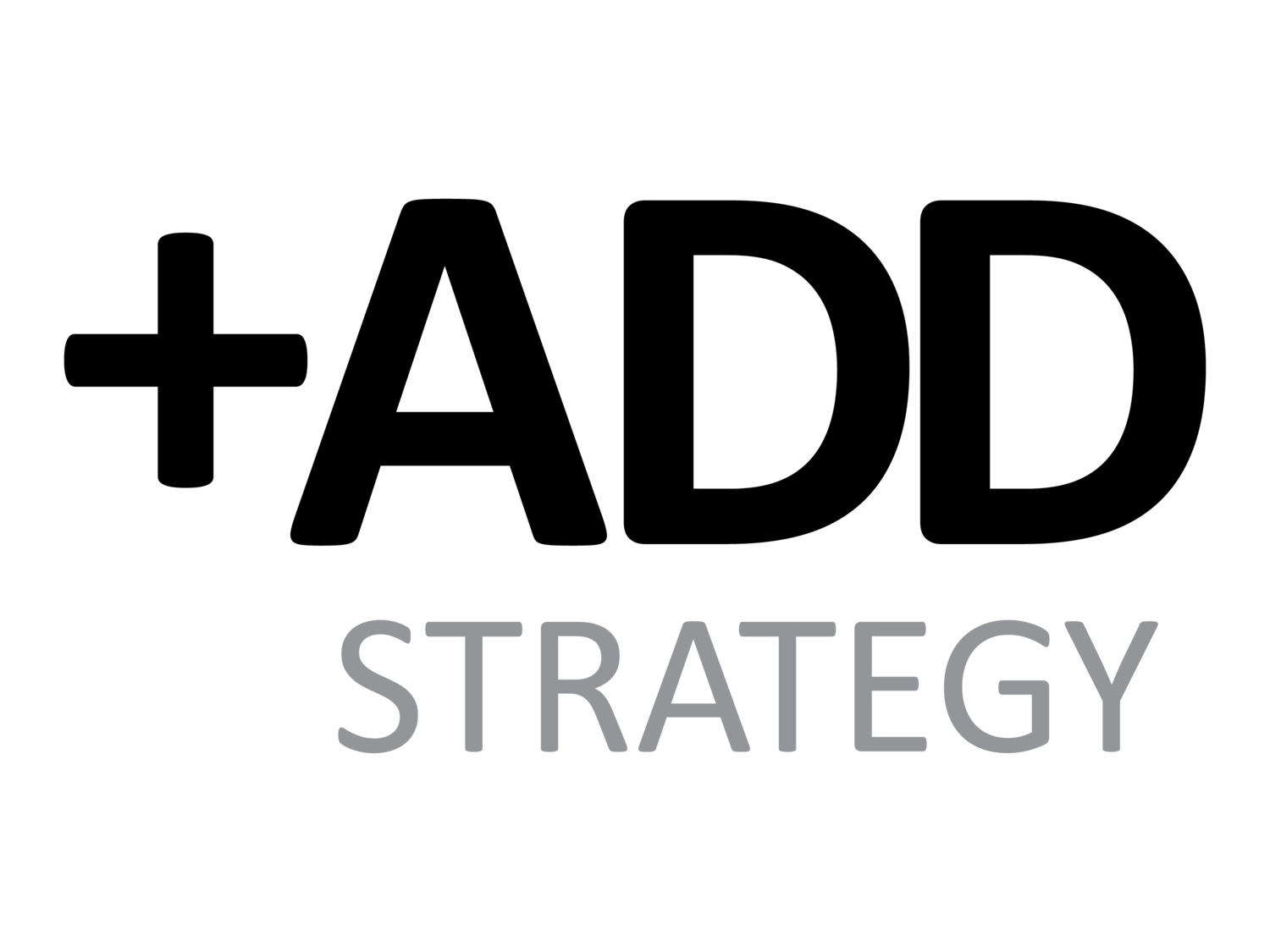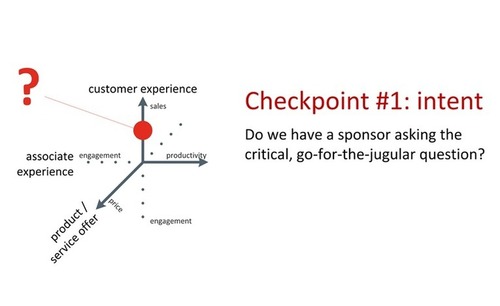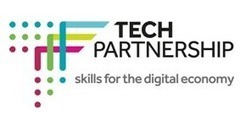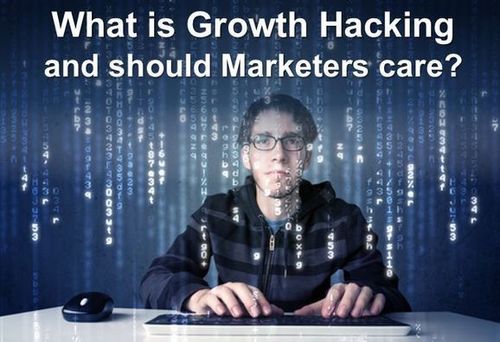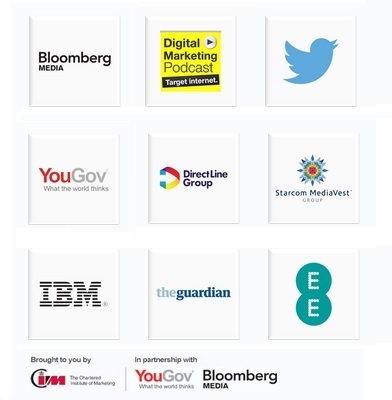I had the privilege of being invited to the Chartered Institute of Marketing’s (CIM) Digital Summit at Bloomberg’s beautiful office in London last week (7th June, 2014).
The CIM team did a great job and as you can imagine the line-up was exemplary, including great talks from the Guardian, YouGov, Direct line Group amongst others.
Topics covered were diverse ….but the message was very clear.
Social channels are pervasive and beyond marketing. They are affecting and transforming every aspect of business. Marketing is a champion of the impact of social media, content marketing and many aspects of digital communication BUT, can no longer own it or work in isolation.
It’s potential stretches far beyond the marketing department, and to be effectively used to create a ‘social business’ there is a requirement to let go and enable communities and stakeholders to publicly and openly share their views and content socially across many aspects of the business.
Previous employees, business partners and dissatisfied customers may be motivated by a strong sense of injustice and powerful emotions of anger, pain, and fear. Engaging with your brand may not have gone 'according to plan’ and created a perceived breach of trust. Today, any or all of these parties can profoundly damage your brands with little effort.
While there is an inevitable risk for all organisations in this, there is particular exposure and poor support for smaller businesses.
While larger organisations can deploy sophisticated governance, legal teams and policies, specialist insurance to support their brand, small resource constrained businesses and enterprise are significantly more at risk and are less able to respond to brand damaging commentary on third party websites, forums and reference sites.
The Federation of Small Businesses suggests 'Small and Medium Sized companies’ (SME’s) account for 99.9 per cent of of all private sector businesses in the UK. Approximately 7 million are sole proprietorships. Micro- businesses (those with less than 10 employees) represent the majority of businesses, and account for 32% of employment and 18% of UK business turnover.
With social media, issues never fade from view. Once a thread or conversation starts you’re going to be dealing with it forever as they are typically never taken down.
According to Thompson Reuters 'Findlaw’ service, a brand defamation case takes approximately 12 months from the issue of defamation court proceedings until trial. However, they also suggest it is not uncommon for defamation cases to take several years to reach completion.
Most consumer forums, hosting services and internet service providers are not responsive to requests for withdrawal of statements, threads and site content. Operational frameworks are carefully established in these forums to support consumer rights and the right of free speech. They’re often designed to support the denouncement of content responsibility except for the most extreme content, personal information or imagery.
However, you can very readily find examples of dubious commentary and critique of companies, products and organisations; for example, those in which social commentary is made by a 'new forum member with no profile or history’.
Yesterday at the gathering of thought leaders, one speaker suggested they personally ignore very positive and very negative commentary and feedback and considered this to be less credible, focussing on the less extreme feedback for practical insights to improve and enhance offerings and relationships.
I would ask whether SMEs can afford to do this and whether someone needs to help SMEs to better prepare for and manage social channel brand defamation and damage.
The CIM’s new 'Keep Social Honest’ campaign recognises there are issues and is encouraging the marketing industry to pro-actively improve corporate performance in this domain. However I consider there is equally a need to better arm and equip SME marketers and businesses with the tools to protect their brand in this new world.
Further I wonder what regulations and compliance such forums, reference sites and those responsible for social channels are truly beholden to.
Presently it seems that SMEs are exposed to rough treatment in social channels and there is little they can do to prevent malicious social acts and spreading of hearsay /inaccurate, informal and anonymous commentary damaging trust and potentially threatening the future of businesses and careers.
Needless to say - delighted to hear your thoughts and feedback on this subject.
